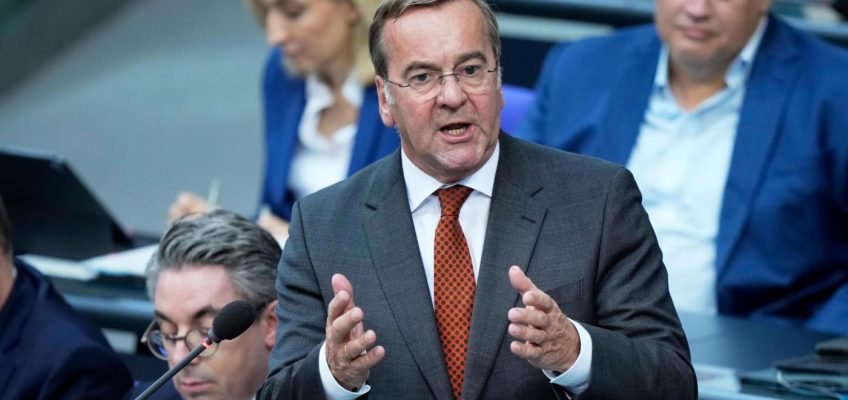By DEE-ANN DURBIN, AP Business Writer
Starbucks said Thursday it’s closing hundreds of U.S. and Canadian stores and laying off 900 nonretail employees as it focuses more of its resources on a turnaround.
The Seattle coffee giant said store closures would start immediately. The company wouldn’t give a number of stores that are closing, but it said it expects to have 18,300 North American locations when its fiscal year ends on Sunday. As of June 29, the company had 18,734 locations.
In a research note Thursday, TD Cowen analyst Andrew Charles estimated Starbucks will close around 500 stores in its fiscal fourth quarter.
Starbucks said workers in its stores will be offered transfers to other locations where possible and severance packages.
Starbucks said it will notify nonretail employees whose positions are being eliminated early Friday. Starbucks asked employees who can work from home to do so on Thursday and Friday.
In a letter sent to employees Thursday, Starbucks Chairman and CEO Brian Niccol said a review of the company’s stores identified locations where the company doesn’t see a path to financial stability or isn’t able to create the physical environment customers expect. Those stores are being closed.
“Each year, we open and close coffeehouses for a variety of reasons, from financial performance to lease expirations,” Niccol wrote. “This is a more significant action that we understand will impact partners and customers. Our coffeehouses are centers of the community, and closing any location is difficult.”
Starbucks said it expects to spend $1 billion on the restructuring, including $150 million on employee separation benefits and $850 million related to the physical store closing and the cost of exiting leases.
Starbucks shares fell 1% in morning trading Thursday.
It was not immediately clear how many of the stores that are closing are unionized. Workers at 650 company-owned U.S. Starbucks stores have voted to unionize since 2021, but they have yet to reach a contract agreement with the company.
Starbucks Workers United, the labor group organizing workers, said Thursday that the closures were made without input from Starbucks’ baristas. The union said it intends to engage in bargaining at every union-represented store that is closing to ensure workers can be placed at another store they prefer.
“Fixing what’s broken at Starbucks isn’t possible without centering the people who engage with the company’s customers day in and day out,” the union said.
News of the store closures came just over a week after unionized employees in three states sued Starbucks over its new dress code, saying the company refused to reimburse workers who had to buy new clothes.
Related Articles
Wall Street’s rut deepens as US stocks head for a 3rd straight loss
Are your lost bitcoins gone forever? Here’s how you might be able to recover them
US home sales remained sluggish in August despite late-summer mortgage rate slide
US economy expanded at a surprising 3.8% pace in significant upgrade of second quarter growth
Fewer Americans file for jobless benefits last week despite signs of a slowing labor market
Starbucks said it used a consistent set of criteria to determine the stores that are closing and union representation wasn’t a factor.
Starbucks will end its 2025 fiscal year with 124 fewer stores than its previous fiscal year. It’s rare for Starbucks to shrink its store count during a fiscal year.
Niccol said Starbucks plans to increase its North American store count in its next fiscal year. The company said it also plans to redesign more than 1,000 locations in the next 12 months to give them a warmer, more welcoming feel.
This is the second big round of layoffs at Starbucks this year. In February, Niccol announced the layoffs of 1,100 corporate employees globally and eliminated several hundred open positions. At the time, Niccol said Starbucks needed to operate more efficiently and increase accountability for decisions.
Niccol is a turnaround specialist who was brought into Starbucks a year ago this month to give the brand a jolt. Under Niccol’s leadership, the struggling Chipotle chain, where Niccol was CEO for about 6 years, essentially doubled its revenue and its profit, and its stock price soared.
In July, Starbucks reported its sixth straight quarter of lower same-store sales, as weak U.S. traffic continued to be a drain on the company. Niccol is trying to turn that around by adding staff, making stores cozier and introducing software that helps prioritize orders and make sure customers can get their drink within four minutes.




